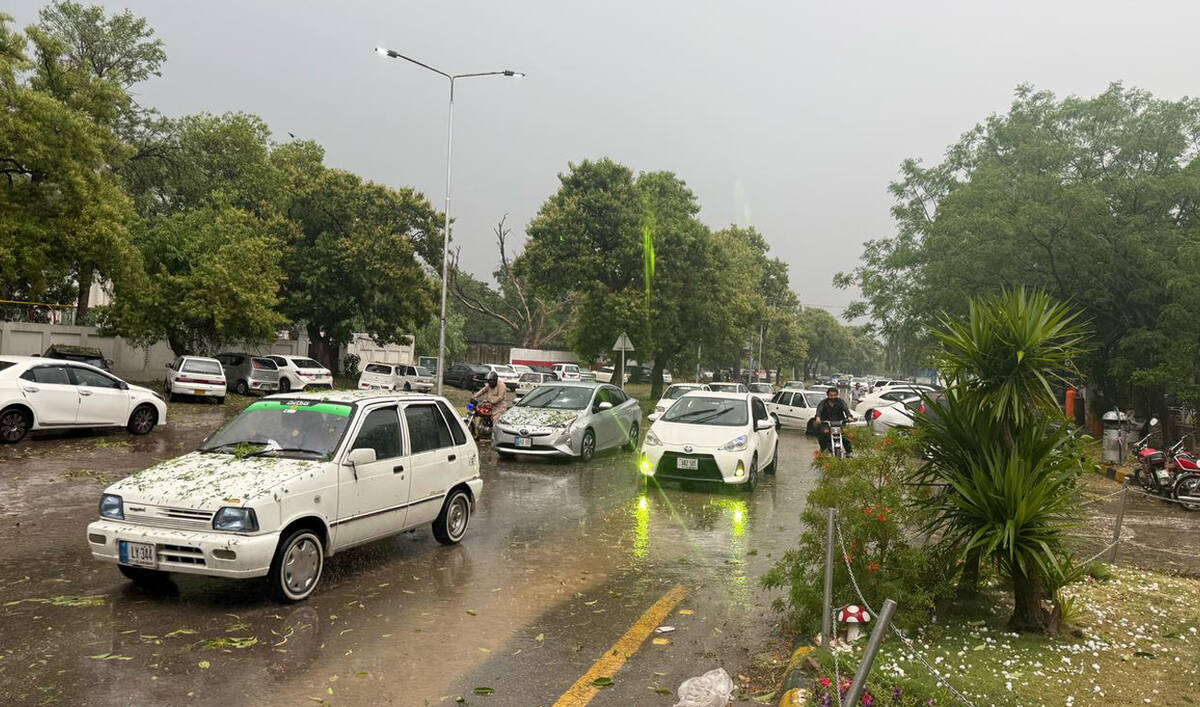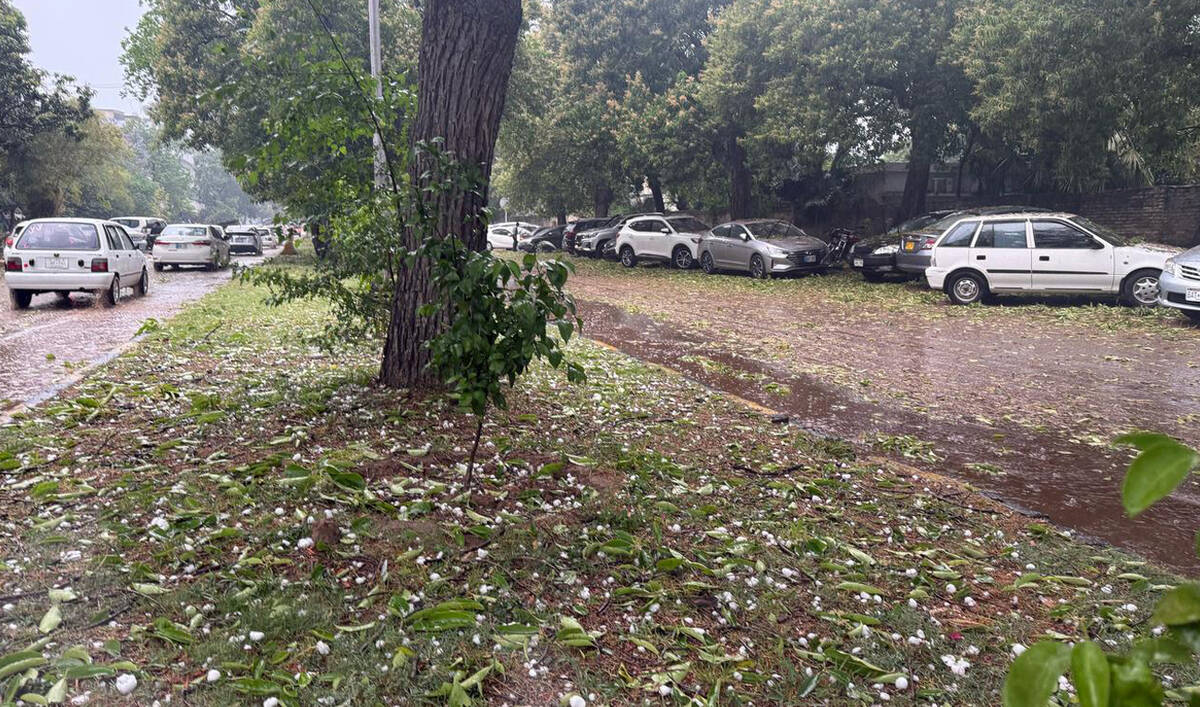ISLAMABAD: The former Saudi intelligence chief Prince Turki bin Faisal once described relations between Pakistan and Saudi Arabia as “probably one of the closest relationships in the world between any two countries.”
The intimate friendship goes back decades. In fact, Saudi Arabia’s relationship with the inhabitants of present-day Pakistan predates the existence of the south Asian Muslim nation of 208 million people.
Then Crown Prince Saud bin Abdul Aziz laid the foundation of Pakistan-Saudi relations way back in 1940 when he led a high-profile delegation to Karachi, accompanied by five of his brothers, three of whom later became Saudi kings. Aziz was hosted by Pakistan’s founding father Muhammad Ali Jinnah weeks after his [All-India] Muslim League party passed the Lahore Resolution asking for a separate Muslim majority nation state which ultimately carved the way for the partition of British India in 1947.
Next, in 1943 on Jinnah’s appeal, Saudi Arabia gave £10,000 for those affected by famine in Bengal. Then in 1946, when Jinnah’s Pakistan Movement delegation visited the United Nations to ask for an independent homeland and faced stiff resistance from the Indian National Congress, it was Prince Faisal bin Abdul Aziz who intervened and made sure the movement’s representatives engaged with UN delegates.
In 1947, Saudi Arabia was one of the first countries to recognize Pakistan after it gained independence from british rule, and in 1951, the two countries signed a treaty of friendship. In 1954, King Saud laid the foundation stone in Karachi of a housing scheme named after him.
Pakistani President Ayub Khan’s voyage to Riyadh in 1960 laid the foundation for a convergence of strategic interests, following which Saudi Arabia supported Pakistan during both the 1965 and 1971 wars with India. A bilateral defense cooperation protocol was also framed during Saudi defense and aviation minister Prince Sultan Bin Abdul Aziz’s visit to Pakistan in the late sixties.
Two years following his ascent to the throne, King Faisal in 1966 made a historic visit to Pakistan, during which the government named two roads, an airbase, a city, and a mosque after him. In 1976, the foundations for Islamabad’s famed Faisal mosque were laid by King Khalid bin Abdul Aziz himself.
When Zulfiqar Ali Bhutto came into power and sought Saudi financial assistance to level the playing field amid growing threats from India’s nuclear aspirations, the Kingdom obliged and between 1973 and 1980, Pakistan was a major recipient of Saudi financial aid of up to $502 million.
Pakistan also stationed troops in Saudi Arabia during the 1979 Iran-Iraq war and has remained a steadfast defender of the Kingdom. During the Gulf war too, Pakistan sent soldiers to protect the two Islamic holy sites.
In 1998, after Pakistan tested nuclear weapons, Riyadh defied global pressure and provided a large quantity of oil on deferred payments to help Pakistan stay afloat.
Since then, several Saudi leaders have visited Pakistan, including King Abdullah bin Abdul Aziz and Prince Bandar bin Sultan bin Abdul-Aziz. Several agreements were also inked in 2014 during the visit of Crown Prince Salman bin Abdul Aziz al-Saud.
This month, Crown Prince Mohammad Bin Salman is expected to visit Pakistan with a “record investment package” including a $10 billion oil refinery in the deepwater port of Gwadar.

















